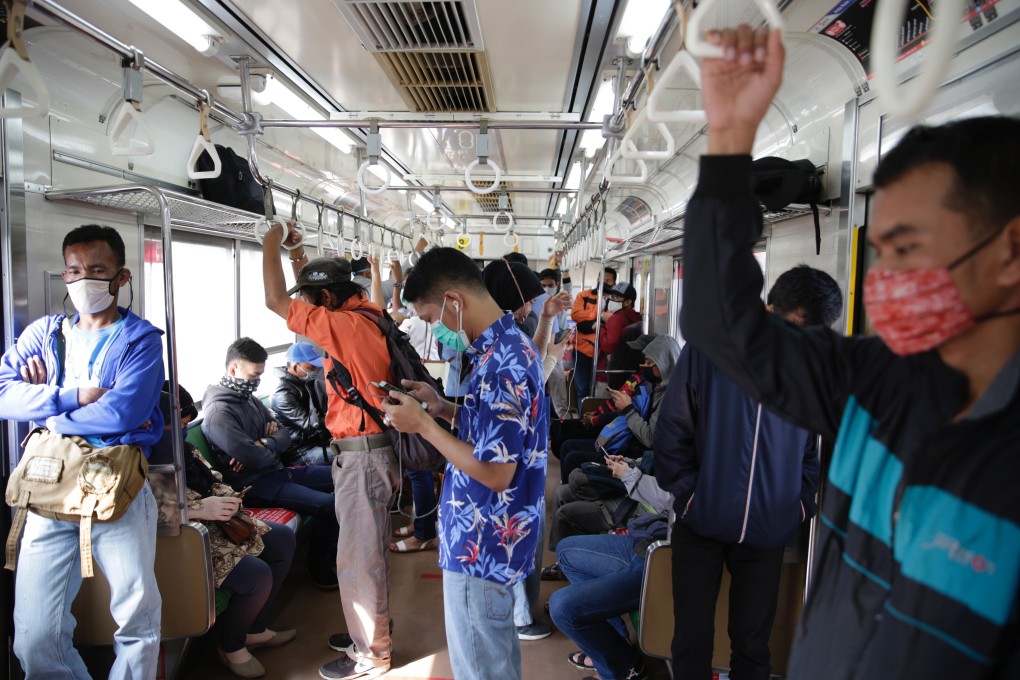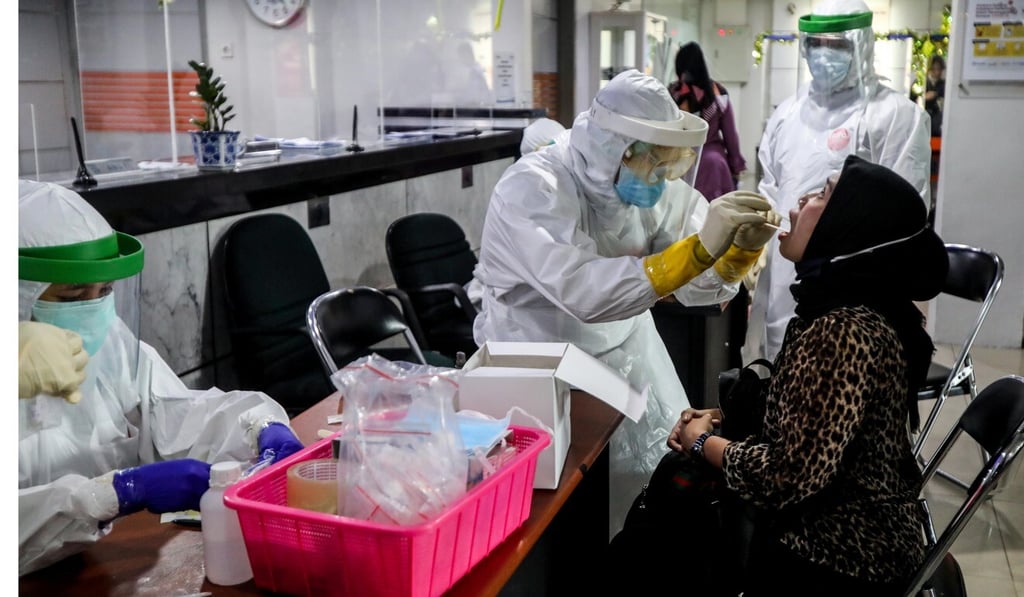Indonesia sours on democracy as coronavirus ravages economy, survey finds
- Widespread perceptions online hold that authoritarian systems such as China’s handled the crisis better than Western democracies like the US and UK
- Observers have raised concerns that some in Indonesia, a young democracy with a history of dictatorship, may be yearning for a return to authoritarian rule

But a new and somewhat unexpected victim of Covid-19 could be Indonesia’s democratic system.
Public satisfaction with democracy in the country has plummeted from 75.6 per cent in February, shortly before its first coronavirus case was confirmed, to just 49.5 per cent in mid-May, according to a survey released over the weekend by Indikator Politik Indonesia – the lowest level of support since 2004, five years after Indonesia began its transition to democracy from authoritarian rule.
Burhanuddin Muhtadi, executive director of the organisation that conducted the surveys, said they had wanted to look at the effect the pandemic had on political support, including for democracy, “democratic satisfaction and who in the government handled the initial poor response” to the pandemic.

Not only had there been “fights between the local and central governments” and “ministries sending conflicting messages” about the virus, but “more than 48 per cent of workers have lost income”, Muhtadi said “and there is a correlation between the economy and the perception of the democracy”.
